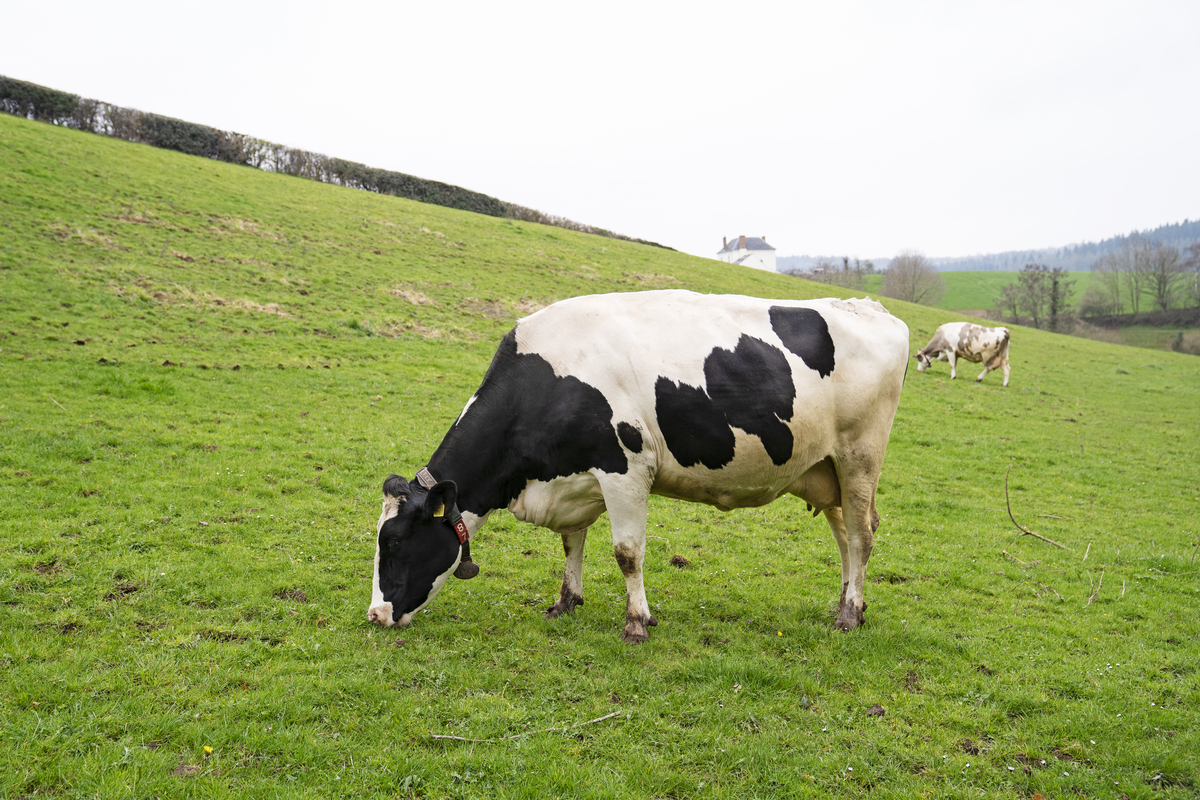Do you have sheep on tack in a restricted zone?
In response to the announcement, NFU Cymru President Aled Jones said: “It is welcome news that Welsh Government has listened to our concerns and has licenced the three BTV-3 (Bluetongue serotype 3) vaccines for use in Wales. These vaccines are already in use in England and whilst they are suppressive rather than preventative - meaning that they will not stop animals becoming infected instead they reduce mortality and severity of the clinical signs – the fact farmers in Wales now have a choice from 1 March about whether to vaccinate their animals or not is positive.
Seek advice
Any Welsh farmers considering vaccinating their herd or flock for Bluetongue should seek advice from their private farm vet. While we are in the seasonally vector low period, good biosecurity remains key, and I urge farmers to remain vigilant by reporting any suspect cases of Bluetongue immediately to APHA
The vaccines will be available on prescription and sold from veterinary practices and can be administered by livestock keepers themselves, following appropriate guidance.
This decision follows the continued spread of Bluetongue virus (BTV-3) cases since August 2024. On 4 September 2024, three unauthorised BTV-3 vaccines received Defra Secretary of State permission for emergency use in the UK. The vaccines were licenced for use in England last year and Welsh Ministers’ decision to grant a licence means they can now be used in Wales.
High risk
Chief Veterinary Officer for Wales, Dr Richard Irvine, said: “This decision to licence these vaccines was informed by our recent risk assessment indicating that Wales is now at high risk of experiencing an incursion of Bluetongue this year. Our primary aim is to keep Bluetongue out of Wales through biosecurity, vigilance and safe sourcing of livestock. Wales remains free of BTV-3, but it is important to be prepared. Vaccines give Welsh farmers an important tool to reduce any impact of this disease in their herds and flocks. I would encourage farmers considering vaccination to consult their veterinary surgeon to discuss whether vaccination is appropriate for their livestock.”
Key information:
- vaccines must be prescribed by a veterinary surgeon
- costs must be covered by livestock owners
- spring vaccination is recommended for optimal protection, ensuring animals are protected before peak midge activity in summer and autumn
- detailed vaccination records must be kept for 5 years
- individual animal vaccination details must be reported within 48 hours using an online form: Animal keeper reports of BTV-3 vaccination activity (on gov.uk)
NFU Cymru strongly recommends that any farmers interested in using a BTV-3 vaccine consult with their private farm vet to establish how a vaccine will benefit your animals and farm system. It is important that you consider the timings of any vaccination programme and what your future animal movements or buying and selling policy will be.
What about sheep on tack in a restricted zone?
Defra has confirmed that the Restricted Zone (RZ) currently in place across affected regions along the east and south coast of England will remain in place. All animals moving out of the RZ will still require a pre-movement test unless going direct to slaughter or to a dedicated slaughter market.
What does this mean for Wales?
NFU Cymru has been in touch with Welsh Government to confirm what this means for Wales:
- The requirement for a slaughterhouse to be designated to receive animals from the RZ is removed,
- Subject to a negative pre-movement test, animals can move from the RZ to Scotland and Wales to live, positive animals cannot move to Wales and Scotland,
- Post-movement testing of animals moved out of the RZ to live is no longer required GB wide,
- Use of insecticides in transport, at approved markets or designated abattoirs is not required.
This means that stock from Welsh farms currently located within the RZ in England, such as sheep away on tack, may now move home to Wales subject to a clear pre-movement test.
There is free pre-movement testing currently available to move animals from England and more information about how to apply can be found on the Government website.
You should register using the CPH of the holding the animals are on tack at in England.
Timing is critical and the guidance states that a vet should sample the animals no more than 21 days before the move – this allows time to get your results.
The movement must take place within 21 days of the sample being taken during the SVLP. As we get nearer to the time when midges become active, Defra expect to reduce the time allowed between sampling and movement. APHA estimate you will receive the results three working days after they receive your samples, but you should allow up to 5 working days.
If an animal tests positive at the pre-movement test, its movement will be restricted. If an animal tests positive then it is only the positive animal that is restricted, not the whole bunch.
